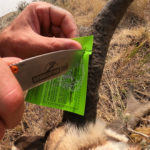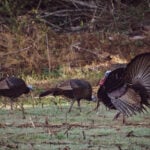Bowhunters are often counseled not to respond emotionally to fevered attacks on bowhunting, or hunting in general.
That’s probably good advice, but it’s kind of like asking a football fan not to curse and howl during big games. It’s hard to stay serene when you instinctively want to yell.
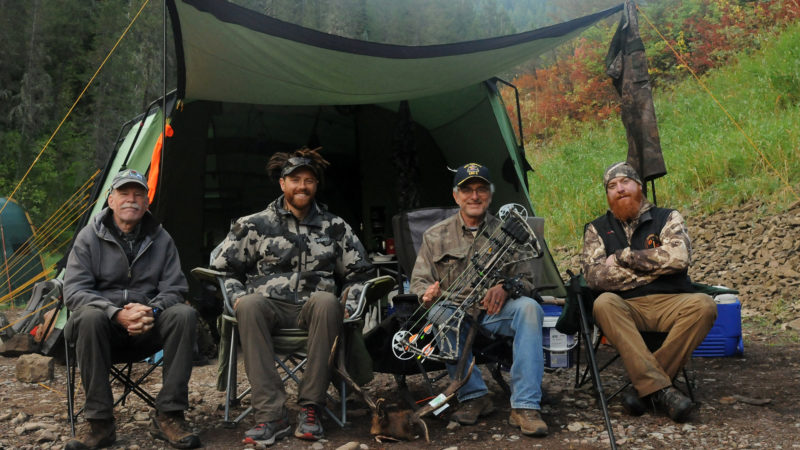
It’s even harder to stay cool when critics minimize our conservation-based views with arrogant dismissals like: “He’s a hunter. He just wants more … (fill in the blank).” Typically, they’ll claim we only want to shoot more deer, ducks, geese, bears or other wildlife. It’s a convenient way to simplify our motivations and make us sound selfish.
In a world where everyone assumes everyone else has an agenda, we make easy targets. Trappers, anglers, hunters, and bowhunters have long worn their uniforms from head to toe. Our gear, footwear, and clothing identify us easily to the rest of society. For simplicity’s sake, we’ll call everyone in our group “hunters,” because the only difference between us is our tools and targets.
Although most hunting-based agendas are consistent and lack nuance, it’s arrogant to claim our opinions are shallow and less pure than a chickadee’s chirp. Too many critics believe hunters won’t argue for conservation and “ecosystem management” unless it somehow boosts success rates and fills freezers.
Those assumptions come from both extremes, whether the opponent wants to fill a wetland, bulldoze a woods, or forbid state or local hunting for a specific species.
But when you look around it’s clear that state and national conservation issues attract stronger, more diverse and focused advocates when hunters team with “enviros’’ to fight things like the Pebble Mine in Alaska, increased mining near Minnesota’s Boundary Waters Canoe Area Wilderness, or long-standing regulations that cleaned our air and water. Win some, lose some, but one thing is obvious: Conservation issues gain more credibility with the public when hunters support them.
Why? We can discuss psychological and sociological factors, but it might simply be our sheer numbers and familiarity. Hunters might only make up 5% of the U.S. population, but our numbers vary widely nationwide. In many states, you’re either a hunter or sleep with a hunter; maybe not in the same bed but under the same roof. Or at least you might have earlier in life.
Either way, folks recognize us and often look like us. If nothing else, many people more closely identify with hunters than they do with more “elitist” groups they consider NIMBYs (Not In My Back Yard) or DINKs (Dual Income, No Kids).
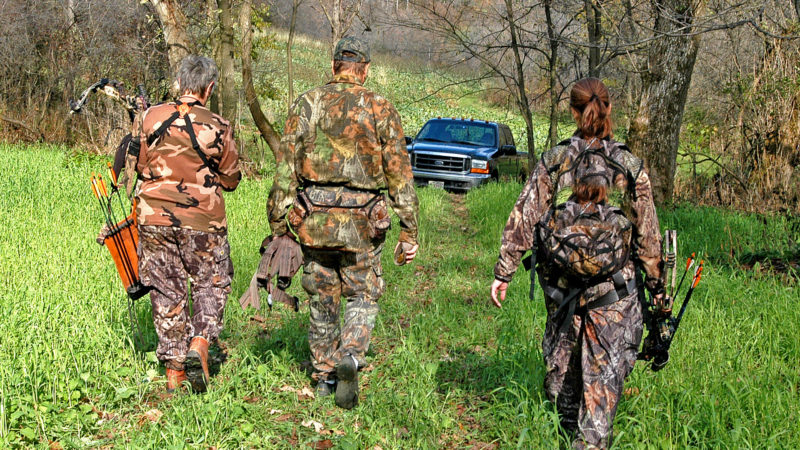
Then, too, hunting has a well-defined use or function that more people recognize and understand, especially where crop and plant damage is concerned. Someone might not care to hunt or even care about hunters. Still, they understand things like wild-raised venison, “organically raised” meat, and property damage caused by excessive numbers of deer and geese. The more rational nonhunters among them will look to arrows or bullets for aid and solutions to procuring meat and reducing damage.
Hunters also tend to be in tune with the original meaning of conservation: wise use of renewable resources. Likewise, wise use tends to require work, planning, cooperation and long-term programs. The public understands labor and the work ethic. Hunting bans and severe access restrictions to public resources won’t win over people who increasingly feel pinched and cornered by others.
Unfortunately, those whose main interest it is to exploit, profit and develop natural resources are also seeking credibility by adopting and then distorting recreational hunting’s wise-use philosophy. Too often we see pillagers vying for the hunter’s support while pushing for greater access to groundwater, wetlands, and shorelines.
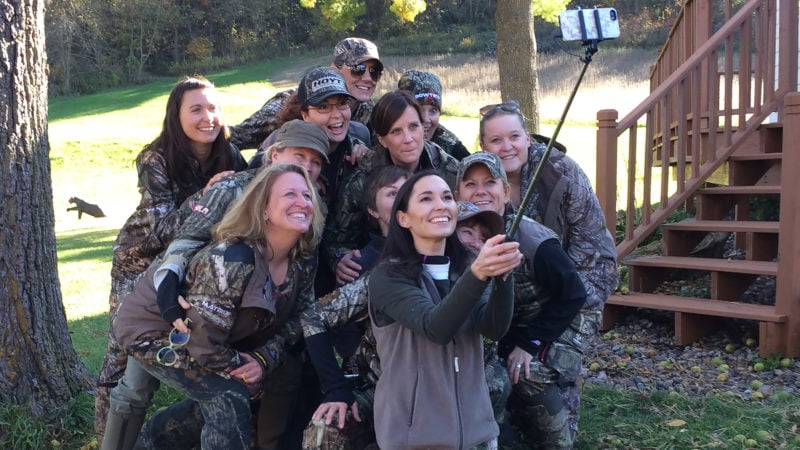
Some of these special-interest groups selectively quote Aldo Leopold’s “Sand County Almanac” to justify their self-interest. Not since the Bible has such a good book been so abused by self-serving quotations taken out of context.
Those efforts should help us realize that hunters and hunting can be manipulated to serve a wide spectrum of political interests.
It’s not always a cynical, one-sided relationship, of course. Hunters come from all walks of life, work and ethnicity. We’re not easily typecast or lumped into easily defined groups. Some hunters’ loyalties align more with industrialists than preservationists.
Sometimes we might find their ideas so opposite our own that we’re embarrassed to hunt under the same sky with them. But that diversity shouldn’t surprise anyone. Hunting’s ranks have long included tens of millions of people from across the nation, so we should expect diverse depth and wide differences of opinion.
Perhaps that’s why we can grow irritated when others reduce our wide-ranging views to one or two cultural stereotypes they create for us.
The calmer hunters remain in those discussions, the harder our critics must work to lump us and dump us.

 By
By 
